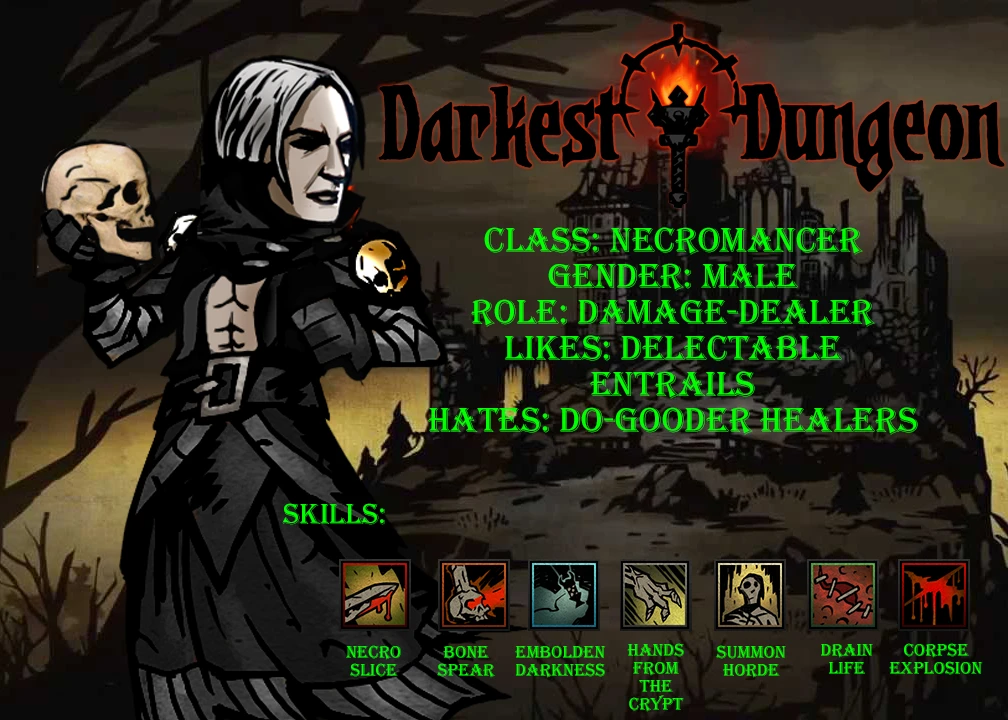


Bring plenty of food, torches and shovels. which can add up over the course of the dungeon. Messing with most objects without using an item has a chance to cause stress, damage etc. Generally you shouldn't poke things unless you have the right tool for them.

Note that boss spawns aren't entirely random they're usually in the room furthest from the entrance. This will mean less damage and stress from fights, traps etc. Until you get a bit better, try to get to the boss quickly instead of exploring every room. It's somewhat hard to give advice without knowing what sort of team you're running or what you're doing to get someone killed before reaching the boss, but some general tips: Having three actions per turn instead of four makes fights a lot harder, and if someone is dead your remaining characters probably aren't in great shape either. It also allows them to cast spells without somatic components and use their reaction to cast a spell as an attack of opportunity, so long as the spell has a casting time of one action and targets only the creature trying to escape.You probably shouldn't be fighting him if you've already lost someone. War Caster is another powerful option because it grants casters advantage on Constitution saving throws to maintain their concentration. Spells like Feign Death and Gentle Repose are just two of the useful necromancy spells that can be cast as a ritual. Ritual Caster is another great option because it allows magic users to cast a certain number of spells as rituals, saving those precious spell slots for when they really matter. Not only does it allow the player to choose one core stat and boost it by +1, but it also grants them proficiency on skill saves made with that stat. It isn't always easy to find a good feat that also offers a boost in a necessary stat, but Resilient does just that. When it comes to choosing feats for Necromancers, it's important to weigh the pros and cons of sacrificing a stat boost.


 0 kommentar(er)
0 kommentar(er)
